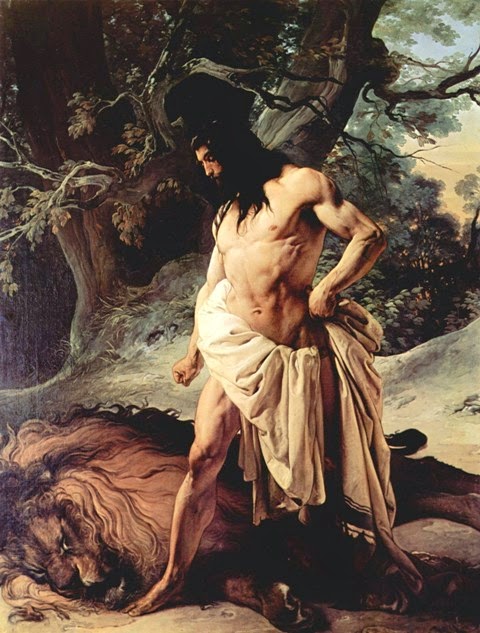A
Christmas fire, the company of friends and relations and eating plum pudding
and mince pie, these are very good things; but one cannot always be eating plum
pudding and mince pie: the days are short, and the weather bad, so that you
cannot go out much; and I think you must want something to amuse you. If you
are quick and clever, as I hope you are, you will want some employment for that
part of you which thinks, as well as that part of you which eats; and you will
like better to solve a riddle than to crack a nut or a walnut. Finding out
riddles is the same kind of exercise to the mind which running and leaping and
wrestling in sport are to the body. They are of no use in themselves,--- they
are not work, but play; but they prepare the body, and make it alert and active
for any thing it may be called to perform in labor or war. So does the finding
out of riddles, if they are good especially, they give quickness of thought,
and a facility of turning about a problem every way, and viewing it in every possible
light.
Riddles
are of high antiquity, and were the employment of solemn men formerly.
The
first riddle that we have on record was proposed by Sampson at a wedding feast
to young men. The riddle was; "Out of the eater came forth meat, and out
of the strong came forth sweetness." He had killed a lion, and left its
carcass; on returning soon after, he found a swarm of bees had made use of the
skeleton as a hive, and it was full of honeycomb. Struck with the odd
circumstance, he made a riddle of it.
The Sphinx was a great riddle maker.
According to the fable, she was half a woman and half a lion. She lived near
Thebes, and to every body that came she proposed a riddle; and if they did not
find it out, she devoured them. At length Oedipus came, and she asked him,
"What is that animal which walks on four legs in the morning, two at noon,
and three at night?" Oedipus answered, Man: -- in childhood, which is the
morning of life, he crawls on his hands and feet; in the middle age, which is
noon, he walks erect on two; in old age he leans on a crutch, which serves for
a supplementary third foot. Anna Laetitia Barbauld.
The
child's riddle below, I found on the Net, here is the link which has many others as well.
http://www.justriddlesandmore.com/WhatamI/whatamI.html
I
can sizzle like bacon, I am made with an egg,
I
have plenty of backbone, but lack a good leg,
I
peel layers like onions, but still remain whole,
I
can be long, like a flagpole, yet fit in a hole.
What
am I? A snake.


No comments:
Post a Comment